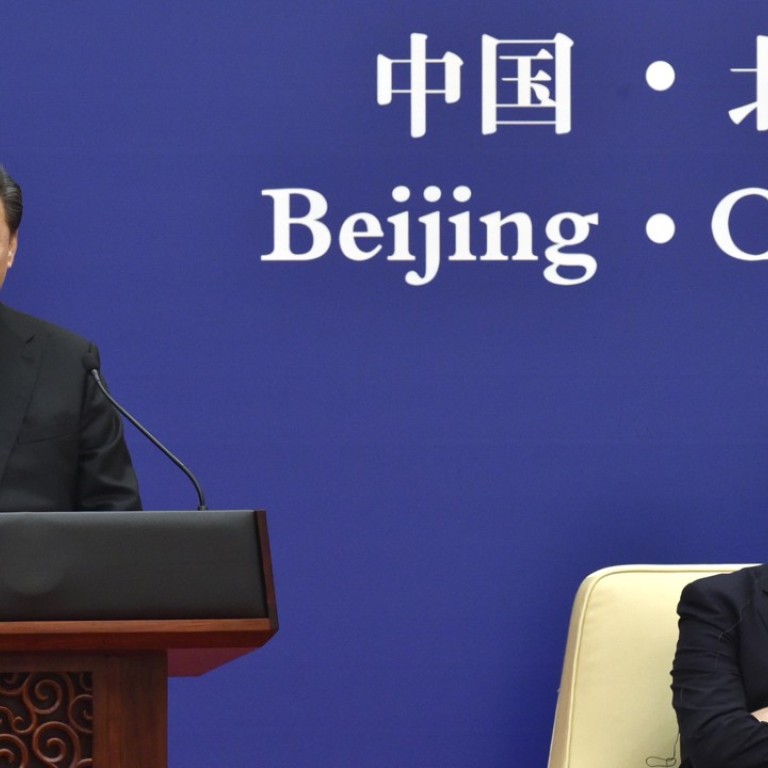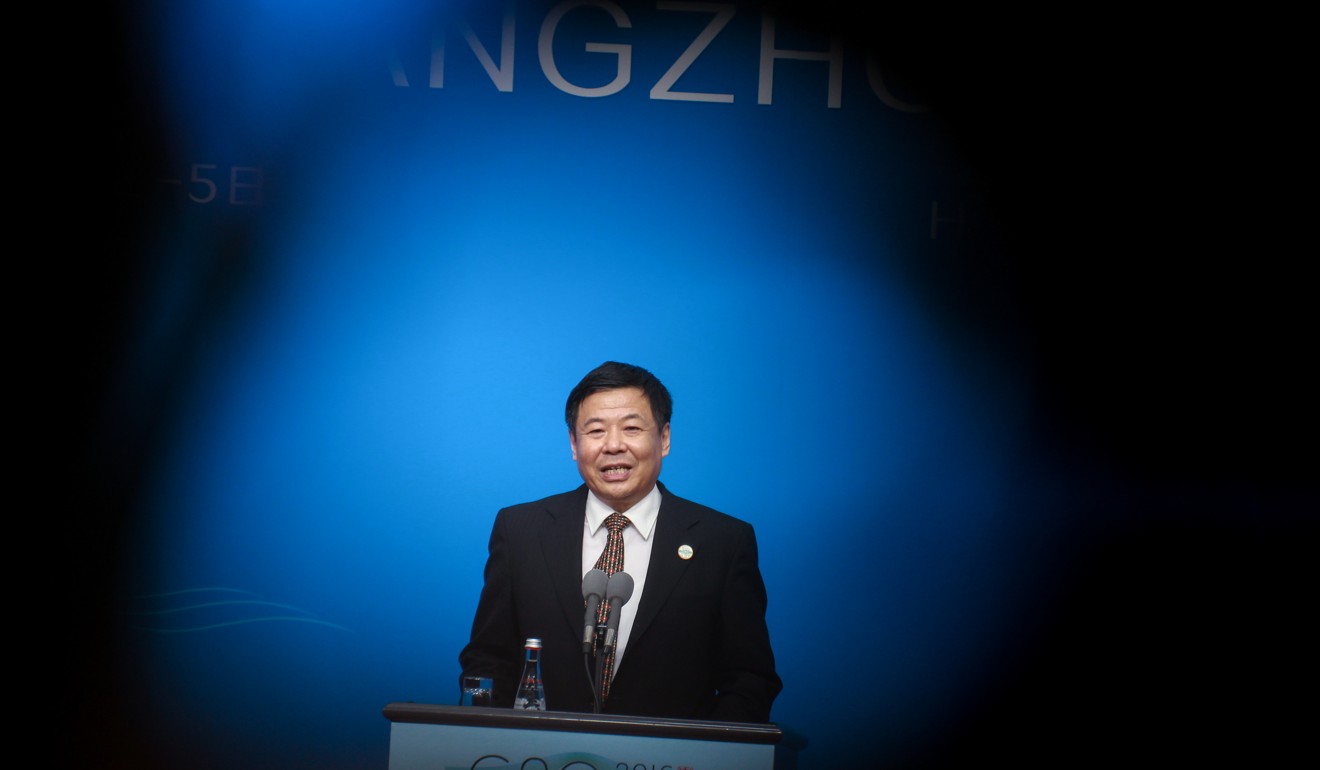
US firms urge China to tear down market barriers after Trump hails US$253bn deals as ‘good start’
Company chiefs welcome deals signed during US President’s visit but call for further action to address their concerns about doing business in China
American businesses have called for action to break down China’s structural market barriers, after the two sides signed a series of record-breaking deals.
The US$253 billion deals, signed on Thursday as US President Donald Trump wrapped up talks with his Chinese counterpart Xi Jinping, were described by Trump as a “very good start” for addressing concerns about trade with China.
Representatives of US companies travelling with Trump said the deals could help them to grab more exposure in the world’s second largest economy, but warned they still faced hurdles.
“One-off deals are fine; sustainable, long-term deals are even better; agreements to eliminate China’s structural market access barriers are better yet,” Jake Parker, vice-president at the US-China Business Council, said.
“What the business community wants most is results-driven, solutions-focused engagement that will provide better access to – and a more level playing field with – the world’s second largest economy.”
American reinsurer PartnerRe said it was still “anxiously awaiting” regulatory approval for its Chinese licence, which it applied for in November 2015.
During the trip, the company made its case directly to members of the US Department of Commerce and top officials such as Chinese vice-minister of finance Zhu Guangyao.

Paul Burke, North Asia regional director for the US Soybean Council, said those on the Chinese side talked about wanting to improve the transparency of existing regulations and policies.
“We certainly welcome those comments, and we would like to see those in action, especially as they relate to the improvement of biotechnology,” he said.
“The [current] process is not transparent, and it is not timely. We have many biotechnology trades that are very important to our producers that have been loitering.”
Many of the companies said the trade mission provided them with newly inked deals and more exposure.
Aerospace manufacturer Bell Helicopter said the trip allowed it to seal a deal to add 50 five-seat helicopters to its fleet in China and provided an opportunity to engage with the vice-chairman of the Civil Aviation Administration, the top aviation authority in China.
“There’s been some concrete output, and then it’s obviously helped us to continue building that relationship [with its Chinese partners],” Jose Jacinto Monge, China managing director for Bell Helicopter, said. “What I saw is a very good effort to try to get the two countries more interconnected, from a business standpoint.”
Drylet, a waste-water remediation technology company, said it had established its operations in China with a letter of intent to form a joint venture with a Chinese player, the Nanjing Hoyo Municipal Utilities Investment Administration Group.
“The sheer magnitude of the opportunity here for us was just very, very exciting,” Luka Erceg, its president and chief executive, said.
“It would be remiss to say that the environment here is exactly the same as in America – certainly there are challenges, but frankly, that’s way above my paygrade.”
Smart city developer The Digit Group finalised a series of agreements worth US$4.85 billion, including a virtual reality theme park in the coastal city of Qingdao, a 50-year project that will introduce a slew of tech innovations to the city.
“The fact that we can bring American ingenuity and American know-how into the industrial power of China … what a great way politically and also from an economic standpoint of rethinking the entire US-China relationship,” Paul Doherty, chief executive and founder, said. “When the two countries can work together for the common good, the rest of the world benefits.”
Tim Tangredi, president and chief executive of nanotechnology company Dais Analytic, said it was hard to define “all the positives” from the mission, since the firm received more exposure and signed two contracts.
“You can’t expect certain things to change overnight,” he said. “There are some things that are wrong … but working together is the only way we’re going to fix them.”

